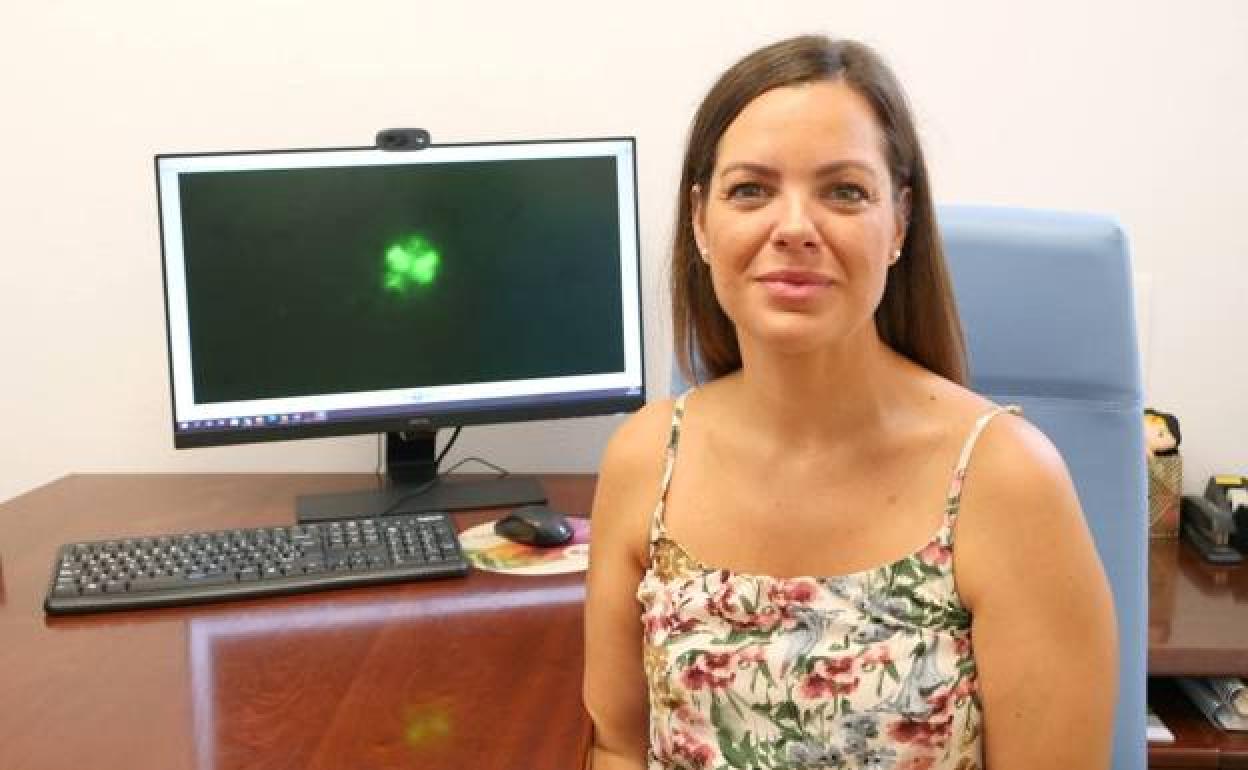World Alzheimer's Day: scientist at Malaga university identifies a possible treatment for disease
Inés Moreno, working in collaboration with the University of Texas, has identified a non-invasive treatment which may slow down Alzheimer’s
A new study carried out by a scientist at Malaga university, in collaboration with the University of Texas, has identified a non-invasive treatment which may slow down Alzheimer’s Disease. In a pre-clinical model (using laboratory animals), Inés Moreno has managed to reduce the amount of toxic proteins in the brain – their accumulation is the main cause of neuronal death in this illness – by 40 to 80 per cent.
These proteins are also found in the blood, and Moreno says they are balanced with the brain: if they go up in the brain they also go up in the blood, and vice versa. Therefore, she says, eliminating these accumulations of toxins can be used as a treatment for the illness. Her work has been published in the Nature group’s Molecular Psychiatry magazine.
“Most present treatments for Alzheimer’s aim to eliminate toxic proteins from the brain,” says Moreno, but what is new is that her research proposes reducing them in the blood as well.
“We have seen that if we remove toxins from the blood, those in the brain will move to the blood to maintain the balance, and that can result in an improvement in the illness,” she says.
Improved memory and learning ability
The tests carried out have shown that this treatment improves memory and learning ability, corrects cognitive failures and may also modify other important factors in the development of the disease as well as eliminating toxic proteins.
The University of Texas, with which Moreno is an associated professor, will continue this study at a clinical level to determine the molecular mechanisms involved in this improvement of the illness, and also whether the treatment would work in the form of dialysis or even transfusions in patients with dementia

